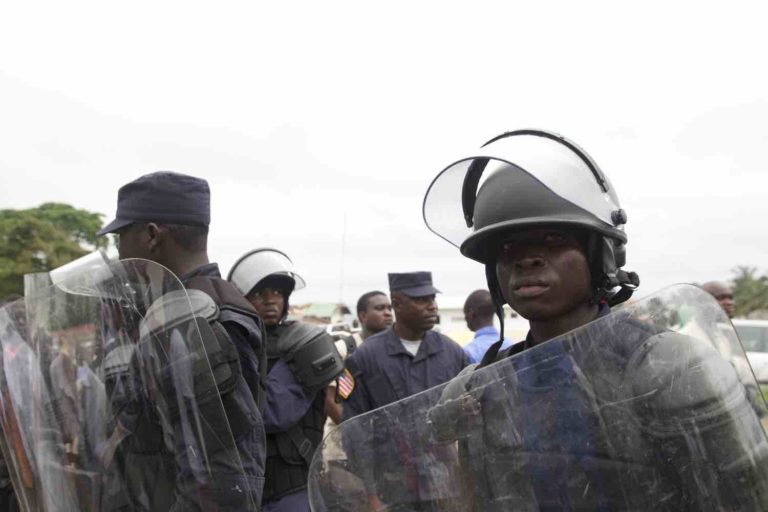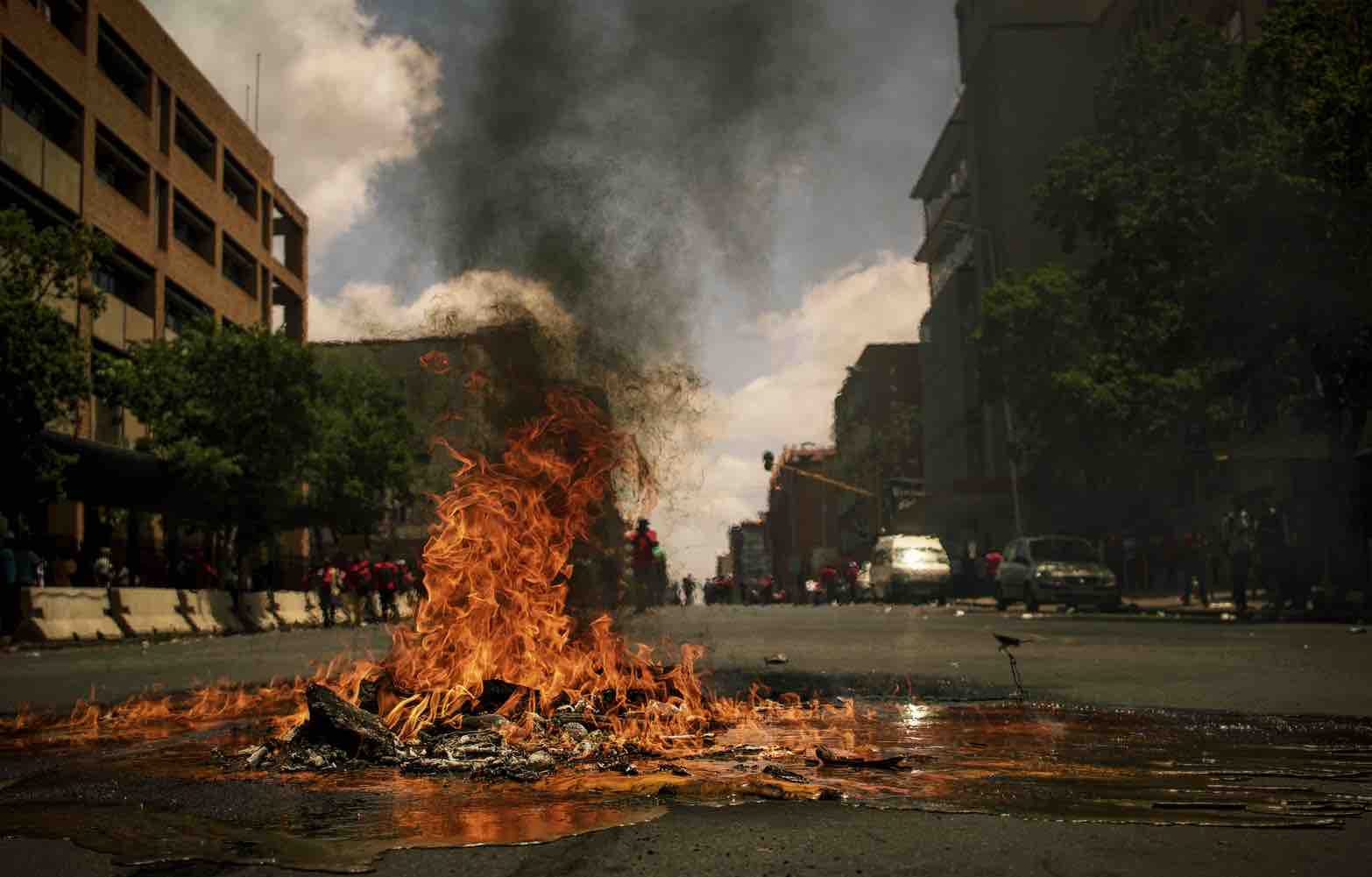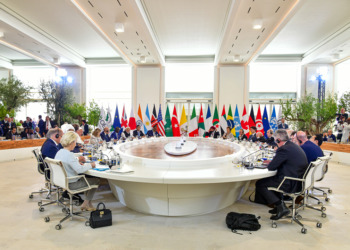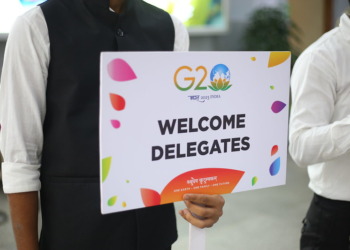With inter-communal tensions and weakened domestic armies, Africa’s Sahel region is facing an increasing threat of terrorism and instability.
The conflict has persisted for more than half a decade, but the security breakdown has recently worsened. Militant groups have taken control over communities and kept state leaders out of official buildings. Thousands have died from terror attacks and explosive devices.
With over four million displaced, tents are overcrowded, food is scarce, and medical attention is lacking. As Mali has been suffering from conflict since 2012, its President Ibrahim Boubacar Keïta has warned that, “The stability and existence of our country are at stake.”
Burkina Faso is another one of the countries most afflicted by the violence. Within the last year alone, there has been a threefold increase in incidents. Earlier this November, 40 civilians and soldiers were killed in a single attack. Some of the other West African countries affected include Chad, Mauritania, and Niger.

Together, these five countries have formed the G5 Sahel joint task force to combat terrorism. In September, the Economic Community of West African States (ECOWAS) pledged $1 billion to support the task force. This commitment has been commended by global leaders.
The international campaign to support the Sahel has primarily been led by France, the former colonial power of many countries in the region. The French military has been supporting domestic soldiers since 2013, and more troops will be deployed in 2020.
Related Articles: The Western Sahara Scandal: The Forgotten Emergency | School Crisis in Africa
In contrast, other Member States of the European Union have shown less financial and military support. Florence Parly, France’s defence minister, recently urged her EU neighbours to assist in strengthening military support. Given the proximity between the Sahel and Europe, European leaders are becoming more concerned about the issues of migration and terrorism. For instance, some are worried that migrant groups could be infiltrated by jihadists as they are en route to Europe.
Without the Sahel fighting as a line of defence, the rest of the continent faces the threat of terrorism.
According to Kacou Houadja Léon Adom, a representative of Côte d’Ivoire who was also speaking on behalf of Equatorial Guinea and South Africa, without the Sahel fighting as a line of defence, the rest of the continent faces the threat of terrorism.
In his address to the UN Security Council, he called for greater international support. Similarly, António Guterres, secretary-general of the UN, stressed the need for more sustained funding if global leaders want peace to be a possibility.
That said, the instability that the Sahel faces cannot be solved solely via counter-terrorism. With the humanitarian emergency and widespread displacement, investments will need to be made on various fronts, including education, infrastructure, and poverty alleviation. In 2017, the Sahel Alliance was formed by France, Germany, the World Bank, the African Development Bank, and the UN Development Programme. It has promised to use €11.6 billion of global funding to implement over 730 development projects in the G5 Sahel countries by 2022.









